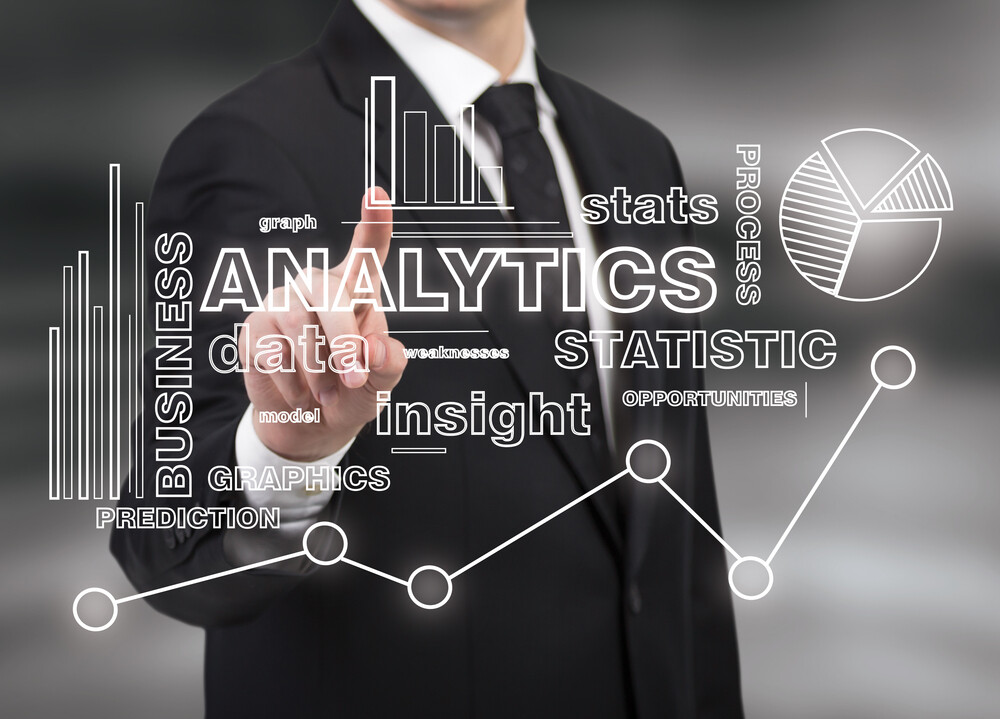
Business Analytics: Why it is Important?
What is Business Analytics?
Business Analytics is the process by which businesses use statistical methods and technologies. In order to analyze historical data and to gain new insight and improve strategic decision-making.
According to a recent study by MicroStrategy, companies worldwide are using data to:
- Boost process and cost efficiency (60 percent)
- Drive strategy and change (57 percent)
- Monitor and improve financial performance (52 percent)
The research also shows that, over the next three years and beyond, 71 percent of global enterprise predict their investments in analytics will accelerate.
In light of this trend, gaining an in-depth understanding of business analytics can be a way to advance your career. And make better decisions in the digital marketing workplace.
The main components of a typical business analytics dashboard
- Data Aggregation: prior to analysis, data must first be gathered and filtered. Either through volunteered data or transaction records
- Data Mining: data mining for business analytics sorts through large data sets using databases, statistics. And machine learning. In order to identify trends and establish relationships
- Association and Sequence Identification: the identification of predictable actions performed in association with other actions or sequentially
- Text Mining: explores and organizes large, unstructured text data sets for the purpose of qualitative and quantitative analysis
- Forecasting: analyzes historical data from a specific period in order to make informed estimates that are predictive in determining future events or behaviors
- Predictive Analytics: predictive business analytics uses a variety of statistical techniques to create predictive models, which extract information from data sets, identify patterns. And provide a predictive score for an array of organizational outcomes
- Optimization: once trends are identified and predictions have been made, businesses can engage simulation techniques to test out best-case scenarios
- Data Visualization : provides visual representations such as charts and graphs for easy and quick data analysis
THE BENEFITS OF BUSINESS ANALYTICS
- More Informed Decision-Making: Business analytics can be a valuable resource when approaching an important strategic decision.When ride-hailing company Uber upgraded its Customer Obsession Ticket Assistant (COTA) in early 2018—a tool that uses machine learning and natural language processing to help agents improve speed and accuracy when responding to support tickets—it used prescriptive analytics to examine whether the product’s new iteration would be more effective than its initial version.
- Through A/B testing—a method of comparing the outcomes of two different choices—the company determined that the updated product led to faster service, more accurate resolution recommendations, and higher customer satisfaction scores. These insights not only streamlined Uber’s ticket resolution process, but saved the company millions of dollars.
- Greater Revenue: Companies that embrace data and analytics initiatives can experience significant financial returns. Research by McKinsey shows organizations that invest in big data yield a six percent average increase in profits, which jumps to nine percent for investments spanning five years.Echoing this trend, a recent study by BARC found that businesses able to quantify their gains from analyzing data report an average eight percent increase in revenues and a 10 percent reduction in costs.These findings illustrate the clear financial payoff that can come from a robust business analysis strategy—one that many firms can stand to benefit from as the big data and analytics market grows.
- Improved Operational Efficiency: Beyond financial gains, analytics can is used to fine-tune business operations.In a recent KPMG report on emerging trends in infrastructure, it was found that many firms now use predictive analytics to anticipate maintenance and operational issues before they become larger problems.


